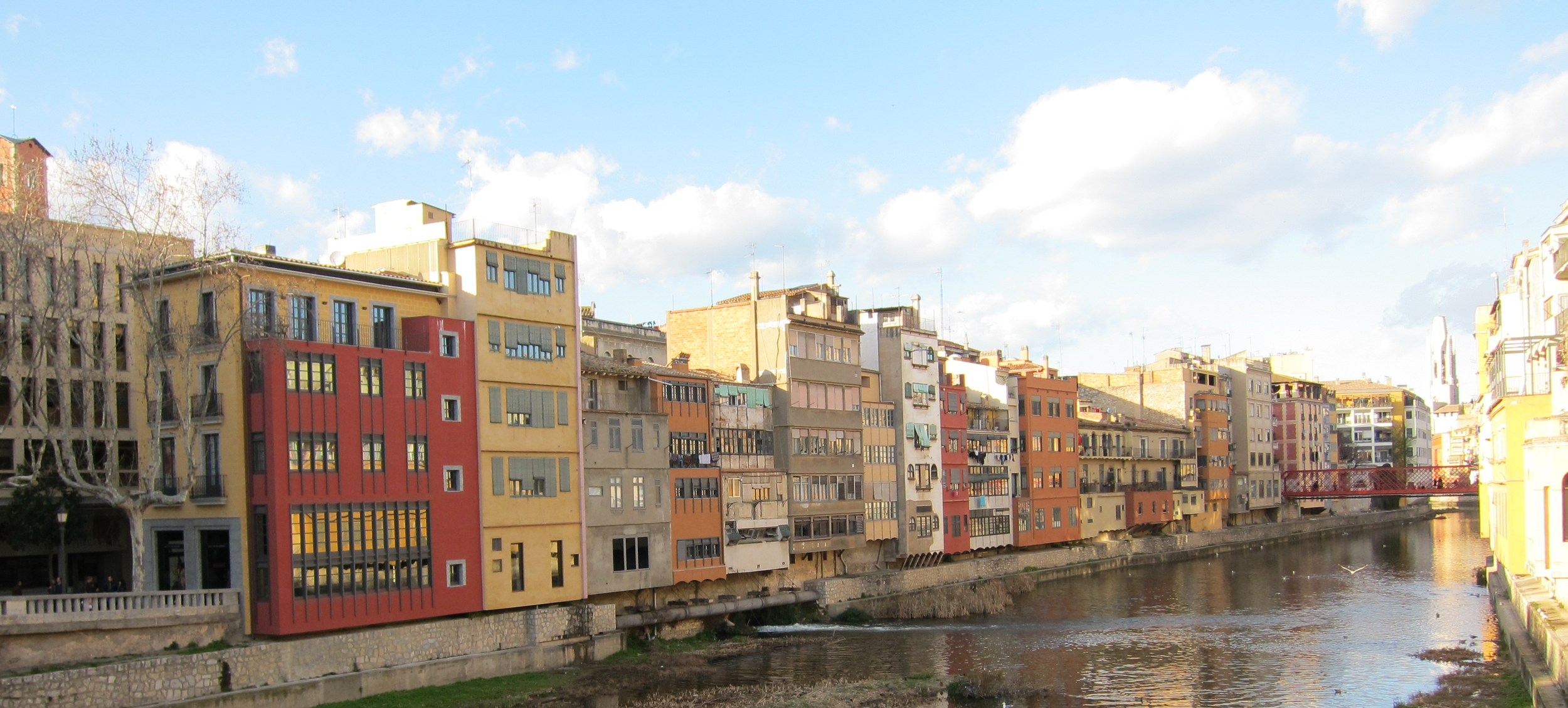Becoming an Expat Part II—Selecting Your Destination

Author's Note: This is the second in a series of four articles on becoming an expat. Click here to read Part I.
With your valid passport (or passports) in hand, it’s time to begin checking out possible destinations. You may already have some idea about where you want to go, but, if not, here are some considerations to help narrow the range of choices.
- Climate is a primary consideration. Will you like being in that location all year long? If not, you might consider two locations—one for summer and one for winter.
- Do you want to put down more-or-less permanent roots, or is a “life of travel” more your style?
- Do you want to rent or buy property? Certainly, owning property creates a certain sense of permanency, but it ties you down to one location.
- Do you speak the local language? Do you need to?
- Medical care. Are doctors available who speak your language? Dentists? Alternative practitioners? What about local hospitals? What health insurance will you need?
- What will you do for recreation? TV? Movies? Plays and concerts? Sports? Do they need to be in your native language?
- Technology. Is high speed, reliable internet connection available? How important is that to you?
- Ease of travel. Access to trains? Airports? Buses? Will you need a car?
- How easy will it be to get residency? Check out the local laws on immigration and see if you can easily qualify—and if you need to do that from your home country.
- Will you need to earn income in the country? If so, you may find it difficult to qualify for residency. The most attractive expats are those that bring their financial resources into the local economy and the least are those who will take jobs that otherwise could be held by locals.
- Are there local expat groups? Meet-ups? Check out local blogs to connect with locals and local expat groups to get informed and make contacts for when you visit the location.
The list above is only to get you started. You will need determine your own priorities (organic food? Apple store? outdoor activities?) and make your own list.
While guided tours are great for covering a lot of destinations quickly and relatively effortlessly, they are totally useless in getting into the culture and experiencing day-to-day life. Use a guided tour if you want to scope out an area, but then go back to the places that interest you and spend a month really getting into the local scene. You can usually rent a furnished place for a month with moderate expense. Visit the local markets for groceries and supplies and get to know some of the people around you. If you are still in love with the place a month after going there, it is a good candidate for your final destination.
When we moved to Girona we did just that. We rented a furnished apartment for a month in the Old Town and set up housekeeping. We knew within a week that this was the place for us, and we used the remaining three weeks to look for a long-term rental. We have never been sorry for our choice of location, although we have changed apartments several times.
Some countries welcome expats into their midst and others don’t. Countries that promote expats often see them as a ready source of money from outside the country. They offer very attractive deals, such as buying citizenship via buying a house or investing a sum of money. Be careful that you don’t have to give up citizenship in your own country to take these offers.
